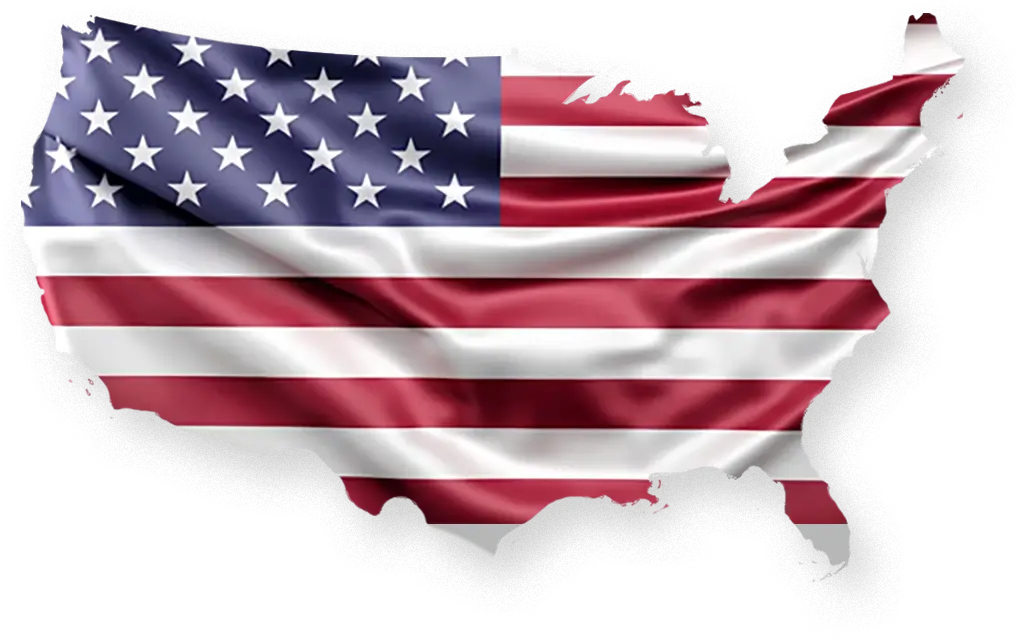The United States Bank Secrecy Act (BSA), established in 1970, is the core of the U.S. anti-money laundering (AML) system and serves as a cornerstone for other AML regulations. The BSA requires U.S. financial institutions to create and implement AML programs to monitor customers' transactions and cash flow. Additionally, it requires that all cash transactions exceeding 10,000 USD be reported through a Currency Transaction Report (CTR).
Furthermore, measures such as sanctions on individuals or entities with interests conflicting with U.S. policy may be imposed by the Office of Foreign Assets Control (OFAC) in conjunction with the BSA authorities. These financial services establishments must maintain records of all financial transactions, and they may apply for exemptions if they have high daily transaction volumes. Through BSA policies, banks and institutions must maintain records to ensure transaction details are kept to facilitate retrievability for investigators when needed.


